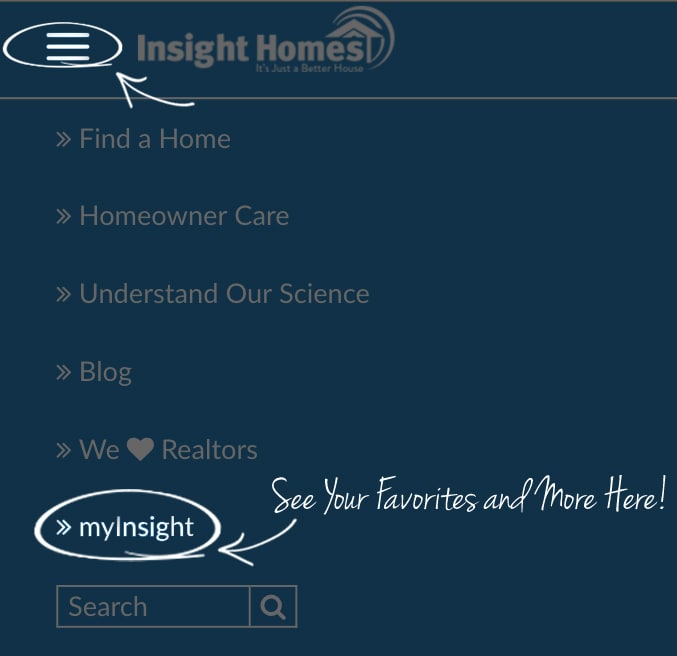Energy efficient homes reduce unnecessary energy consumption, greenhouse gas emissions and demands for nonrenewable resources. They simultaneously provide healthier living conditions and offer homeowners significant money savings over conventional homes. Many factors can comprise residential energy efficiency, and both new and existing homes can be improved with energy efficient strategies and products. (See References 1)
Insulation
Energy efficient homes are well insulated and sealed against air leaks. Hidden cracks, particularly those in attics and crawlspaces, can permit as much airflow as an open window. They cause heating and cooling systems to work harder and increase utility bills. Sealing and adding extra insulation to the outer walls and attic can be the most cost-effective way to improve energy efficiency. (See References 1)
Heating and Cooling
Heating and cooling systems can be responsible for as much as half the energy consumed in your home (See References 2). To maximize the efficiency of your home’s heating and cooling system, use it only when necessary. Change the air filters regularly and have the unit serviced as recommended by the manufacturer. Approximately 20 percent of the air that travels through the duct work in a conventional home is lost due to leaks and improper sealing. Seal ducts and insulate them for increased efficiency and lower utility bills. (See References 1)
Energy Star
Look for products with the Energy Star rating when building a new home or upgrading appliances. Energy Star is a program developed by the U.S. Environmental Protection Agency and the U.S. Department of Energy to help consumers determine the most energy efficient products and practices. Energy Star-rated appliances, water heaters, heating and cooling systems, fans, lights and building materials can significantly increase the overall efficiency of a home. (See References 3)
New Home Planning
Incorporating energy efficiency in the initial planning and construction phases of a home is the best way to ensure your home is as efficient as possible. Passive solar design, which uses the sun for light and heat without mechanical devices, can significantly cut your need for additional light and heat sources. Additionally, glazed windows, overhangs and “cool” roofing materials can decrease the need for air conditioning.













 Swipe to learn more
Swipe to learn more
